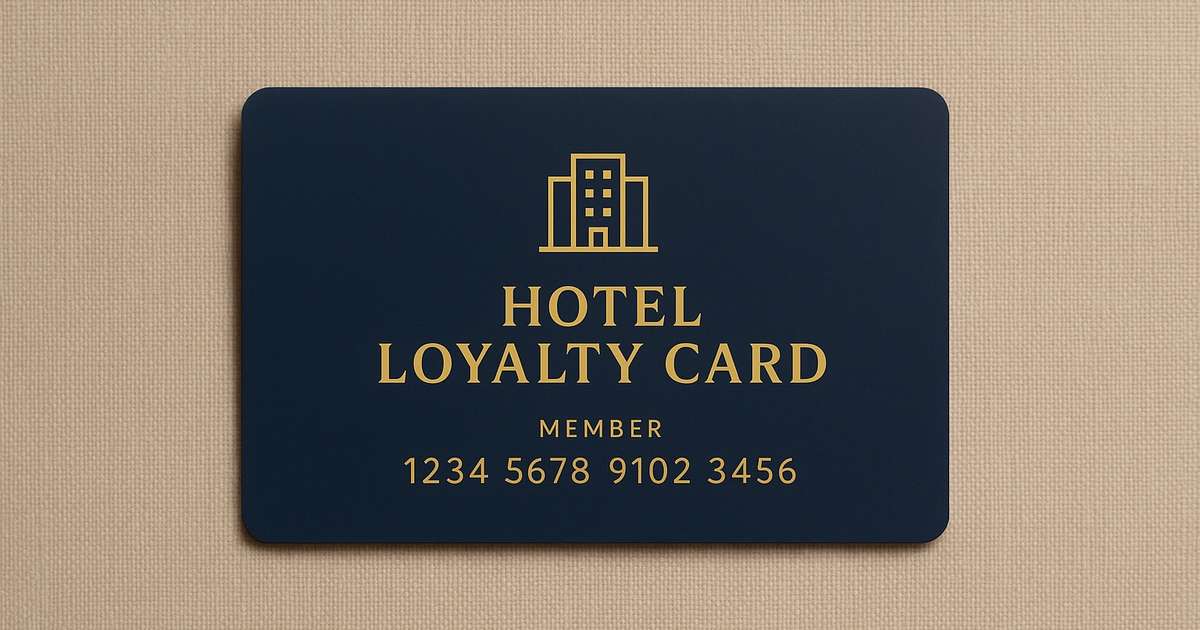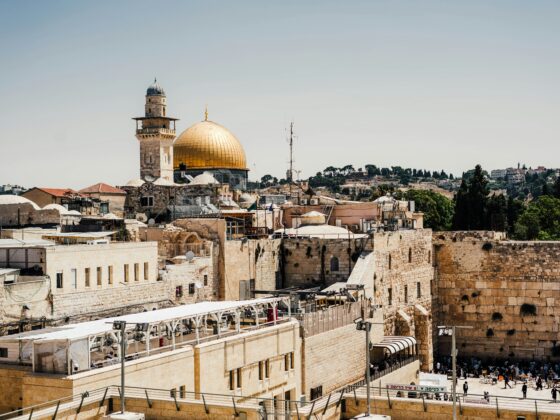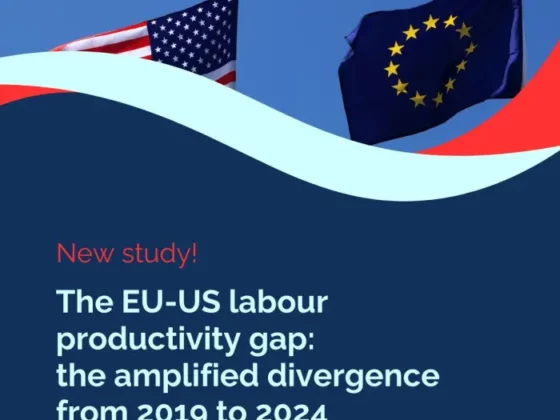
For decades, loyalty in hospitality has been defined by points, perks and predictable upgrades. But what does loyalty actually mean today – and what should it mean in the future?
That’s the question Matt Welle, CEO of Mews, put to Mike Coscetta, Mews President and long-time business traveler, in the latest episode of Matt Talks Hospitality. With more than 130 nights a year spent in hotels and a lifetime of loyalty across brands like Marriott, Hilton and Hyatt, Mike has lived and breathed hotel loyalty programs like few others. His insights – combined with fresh research – paint a picture of an industry in transition.
Loyalty then and now
Mike’s journey into hotel loyalty started with Starwood. Their reward scheme was legendary among frequent travelers: valuable points, strong credit card partnerships, and recognition that made guests feel special. When Marriott acquired Starwood, it inherited both its portfolio and its fiercely loyal members.
That recognition element is critical. “When you stayed at a Starwood property, you were treated differently. The pool was smaller, so you did really feel that,” Mike recalls. Marriott absorbed much of that goodwill, but also industrialized the program. Today, Marriott Bonvoy has 230 million members and adds millions more each quarter.
And yet, research from Mews and Talker Research suggests cracks are showing. Seven out of ten travelers say they prefer personalized experiences over traditional rewards, while 82% of current loyalty members cite frustrations with legacy programs – from expiring points to blackout dates and poor redemption value.
So why do travelers keep signing up? In short: utility. Even if it’s hard to find loyalty programs that offer more aspirational rewards, points remain a practical currency. They cover everyday stays and small getaways, with as much as 90% of points redemptions used for hotels in the $150–$300 per night range.
For many, that’s enough. For others, it feels like a trap.
The psychology of points
Mike admits he sometimes feels locked into Marriott. Lifetime status and the ambassador program – which provides a dedicated personal contact – make it difficult to walk away. But he also knows the value game inside out.
This can turn booking a hotel stay into a math challenge. Is it better to pay cash or redeem points? Where’s the best value? While some travelers redeem points for concerts or experiences with poor financial value, others treat them as a statistical puzzle.
That tension highlights a broader truth: loyalty is both rational and emotional. Points are the rational hook. Recognition, flexibility and surprise moments are the emotional glue. When the balance tips too far toward math, the magic fades.
Where today’s programs fall short
Despite rich data on traveler behavior, most programs still fail to deliver genuine personalization. The best experiences don’t come from central databases, but from front desk staff who take the time to remember their guests and their preferences.
This gap between potential and execution is glaring. Major hotel groups sit on vast amounts of guest data but often lack the systems – or the will – to use it meaningfully. True personalization remains localized and manual, when it could be systematic and scaled.
Loyalty as bribery – or opportunity
Hospitality leaders sometimes describe loyalty as a form of bribery: remove the points and the guest disappears. Mike doesn’t fully agree. Incentives matter, but so does the baseline experience.
He points to standout properties like the St. Regis in Venice or Marriott’s boutique sub-brands, where design and service alone would keep guests returning. The trick is combining that intrinsic appeal with rewards that enhance, rather than replace, the desire to return.
“Automatic discounts aren’t loyalty,” he argues. It’s just price cutting. Real loyalty is built on recognition, surprise and delight, and meaningful incentives that change behavior.
Lessons from other industries
Mike draws parallels to his time at Square, where loyalty in retail often meant digital punch cards – a transactional, uninspiring approach. Starbucks, by contrast, used data intelligently. Instead of discounting a customer’s usual latte, it offered deals on products they hadn’t tried, nudging them into new behaviors.
Hotels could take the same approach. Incentivize personal travel for frequent business guests; encourage visits to new destinations; highlight underutilized services like spas or dining.
Technology makes this possible, but only if the foundations are in place. First, you need a CRM. You need clean, centralized data. Without that, loyalty is just noise.
Can smaller groups do it better?
Large chains struggle with scale and legacy systems, but smaller hotel groups may have an opportunity to leapfrog. With modern cloud-native platforms, they can design loyalty programs from scratch – free of the baggage that burdens global giants.
And loyalty doesn’t always require points. Boutique hotels and small chains can lean on intimacy, personalization and service design. People are often most loyal to the smallest businesses: the local coffee shop, the neighborhood dry cleaner. Hotels can tap into the same psychology.
Examples like Fogo Island Inn in Newfoundland show how even a single property can build cult-like loyalty through hyper-personal touches. For example, they’ll present you with a blanket that has your face on it, or have your name embroidered on a pillowcase. Their repeat guests return not because of points, but because they feel special, valued and part of something unique.
From loyalty to advocacy
The ultimate prize isn’t just loyalty – it’s advocacy. Guests who feel a personal bond with a hotel become evangelists, sharing their experiences online and offline. Social media amplifies this effect, turning a single thoughtful gesture into global visibility.
That’s why loyalty needs to move beyond retention. It should deepen relationships, inspire new behaviors, and empower guests to become brand ambassadors.
The future of loyalty
Looking ahead, Mike believes loyalty must evolve in three directions:
- Surprise and delight: Use data to create personalized, unexpected moments that show guests they’re recognized as individuals.
- Behavioral incentives: Nudge guests toward new behaviors, whether that’s leisure travel, dining, or exploring new destinations.
- Redemption value: Offer points and rewards that feel genuinely worthwhile, rather than diluted or restricted.
Technology, particularly AI, will be central. Done right, it can surface insights from data, recommend meaningful actions, and empower hotels to scale personalization without losing authenticity. But it starts with a cultural shift: moving from transactional programs to relational ones.
Loyalty reimagined
At its core, loyalty in hospitality has always been about more than points. It’s about recognition, relationships and creating experiences that guests want to repeat. Points can lock a guest in. Personalization can make them stay for life.
Good experience should be the best driver of loyalty. But when you combine that with data-driven personalization and meaningful rewards, you go from repeat visits to real advocacy.
For hoteliers, the message is clear: the future of loyalty isn’t bribery. It’s hospitality.
For more insights, watch the full episode here:
About Mews
Mews is the leading platform for the new era of hospitality. Powering over 12,500 customers across more than 85 countries, Mews Hospitality Cloud is designed to streamline operations for modern hoteliers, transform the guest experience and create more profitable businesses. Customers include BWH Hotels, Strawberry, The Social Hub and Airelles Collection. Mews was named Best PMS (2024, 2025) and listed among the Best Places to Work in Hotel Tech (2021, 2022, 2024, 2025) by Hotel Tech Report. Mews has raised $410 million from investors including Growth Equity at Goldman Sachs Alternatives, Kinnevik and Tiger Global to transform hospitality.






